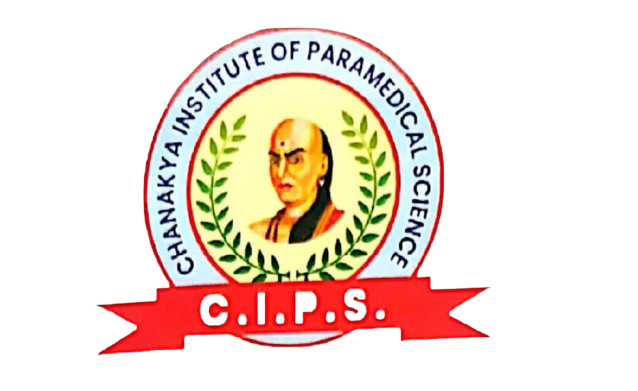Physiotherapy, also known as physical therapy, is a healthcare discipline focused on enhancing and restoring movement and function through physical interventions. Physiotherapists work with patients to improve their quality of life by managing pain, improving mobility, and preventing disability resulting from injury, illness, or chronic conditions. They use a variety of techniques, including exercises, manual therapy, and modalities such as heat or cold therapy.
Eligibility Criteria :
The eligibility criteria for pursuing a physiotherapy course generally include:
Educational Qualification:
Undergraduate Programs (e.g., Bachelor of Physiotherapy – BPT):
- Candidates should have completed their higher secondary education (10+2) with a focus on science subjects, particularly Biology, Chemistry, and Physics.
- A minimum percentage or grade (e.g., 50% or above) in the qualifying examination may be required.
Postgraduate Programs (e.g., Master of Physiotherapy – MPT):
- Candidates should have a Bachelor’s degree in Physiotherapy or a related field.
- Some programs may require a minimum percentage or grade in the undergraduate degree.
Entrance Examination:
- Many institutions conduct entrance examinations for admission into physiotherapy programs. These exams test candidates’ knowledge in subjects like anatomy, physiology, and general health sciences.
Age Limit:
- There is generally no strict age limit, but candidates should be in an age group suitable for pursuing the program.
Medical Fitness:
- Candidates may need to provide a medical fitness certificate to ensure they are physically and mentally fit for the demands of the course and the profession.
Documents Required for Admission:
To apply for a physiotherapy course, candidates usually need to submit the following documents:
Completed Application Form:
- An application form filled with accurate personal and educational details.
Educational Certificates:
- Mark sheets and certificates of higher secondary education (10+2) for undergraduate programs.
- Bachelor’s degree certificates for postgraduate programs.
Identity Proof:
- Government-issued ID such as Aadhar card, passport, or driver’s license.
Medical Fitness Certificate:
- A certificate from a registered medical practitioner confirming the candidate’s physical fitness.
Photographs:
- Recent passport-sized photographs (usually a set).
Proof of Residence:
- Documents like utility bills, rental agreements, or similar to verify the candidate’s address.
Entrance Exam Scorecard:
- If applicable, a copy of the scorecard or result of the entrance examination.
Caste/Category Certificate:
- For reserved category candidates (if applicable).
Criminal Background Check:
- If required by the institution or program.
Career Path after Physiotherapy:
Graduates of a physiotherapy course can explore a range of career opportunities in various settings. Potential career paths include:
Physiotherapist:
- Working in hospitals, clinics, private practices, or rehabilitation centers to assess, diagnose, and treat patients with musculoskeletal, neurological, and other physical issues.
Sports Physiotherapist:
- Specializing in treating and rehabilitating athletes and individuals involved in sports, focusing on injury prevention and performance enhancement.
Pediatric Physiotherapist:
- Working with infants, children, and adolescents to address developmental, neurological, and orthopedic conditions.
Geriatric Physiotherapist:
- Specializing in the physical therapy needs of elderly patients, addressing age-related conditions such as arthritis, osteoporosis, and mobility issues.
Orthopedic Physiotherapist:
- Focusing on treating musculoskeletal injuries and disorders, including fractures, joint replacements, and sports injuries.
Neurological Physiotherapist:
- Treating patients with neurological conditions such as stroke, spinal cord injuries, and multiple sclerosis to improve motor function and mobility.
Rehabilitation Specialist:
- Working in rehabilitation centers or long-term care facilities to help patients recover from surgeries, injuries, or illnesses.
Academia and Research:
- Pursuing a career in teaching and research in physiotherapy, contributing to the advancement of knowledge in the field.
Healthcare Management:
- Taking on roles in healthcare administration, managing physiotherapy departments or clinics, and overseeing patient care services.
Private Practice:
- Setting up a private physiotherapy practice or clinic, providing specialized services and individualized patient care.
Further Education and Specialization:
- Pursuing advanced degrees or certifications in specialized areas of physiotherapy, such as manual therapy, dry needling, or advanced musculoskeletal therapy.
The field of physiotherapy offers a rewarding career with diverse opportunities for specialization and growth, contributing significantly to improving patient health and quality of life.
